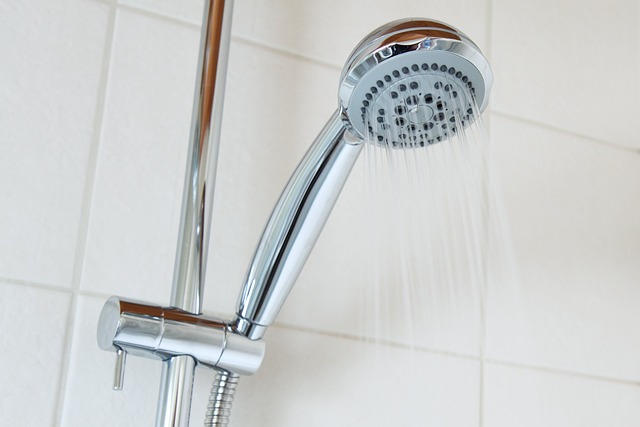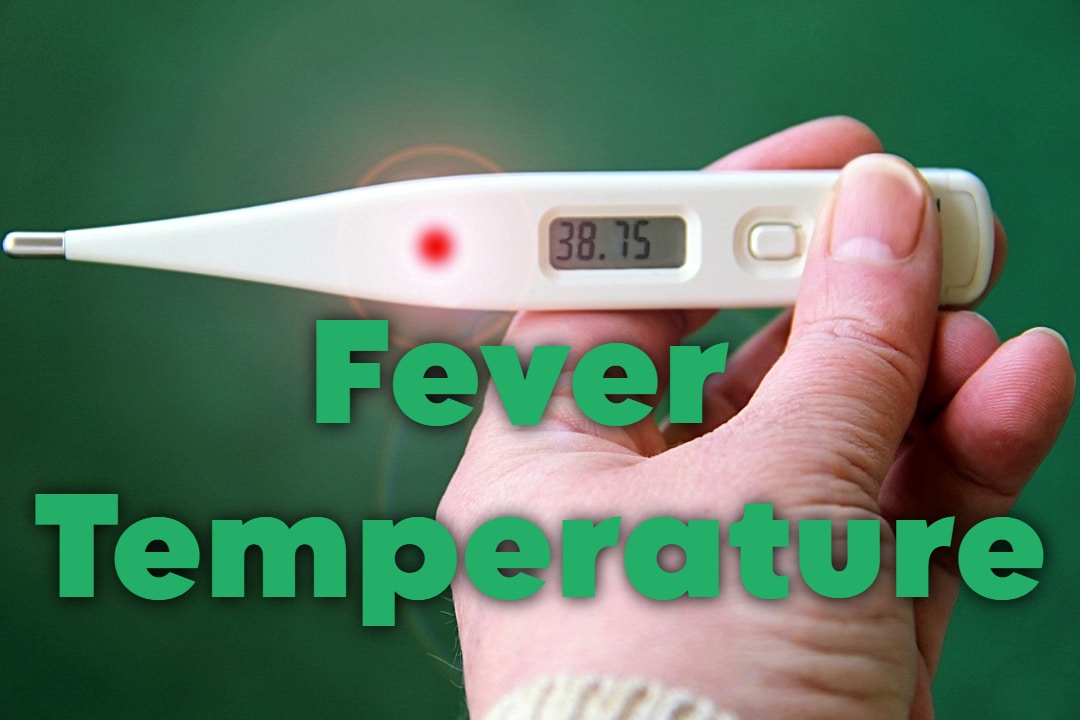Cold showers have been a topic of fascination for centuries, with claims ranging from enhanced physical performance to improved mental health. But are cold showers really good for your health? While some swear by the invigorating effects, others caution against potential downsides. In this article, we’ll explore the benefits and drawbacks of cold showers, the science behind their effects, and address some common questions.
The Science of Cold Showers
Cold showers, defined as showers with water temperatures below 70°F (20°C), impact the body in multiple ways. When exposed to cold water, the body undergoes vasoconstriction, where blood vessels narrow, redirecting blood flow to vital organs. This response has been linked to various health benefits and is often compared to the effects of hot showers, which promote vasodilation.
To understand the full spectrum of benefits and drawbacks, let’s dive into some key points.
10 Benefits of Cold Showers
- Improved Circulation
Cold water stimulates blood flow to internal organs, enhancing cardiovascular health. Regular exposure can improve circulation over time. - Boosted Immune System
Studies suggest that cold exposure may increase the production of white blood cells, helping the body fight infections. - Enhanced Muscle Recovery
Athletes often use cold showers or ice baths to reduce muscle soreness and inflammation post-workout. - Mental Alertness
A cold shower can instantly wake you up by increasing norepinephrine levels, a hormone that boosts alertness and focus. - Stress Reduction
Cold showers may stimulate the vagus nerve, reducing stress and anxiety levels. - Skin and Hair Health
Unlike hot showers, which can strip natural oils, cold water helps retain moisture, leading to healthier skin and shinier hair. - Increased Metabolism
Cold exposure activates brown fat, a type of fat that burns calories to produce heat, aiding in weight management. - Enhanced Mood
The release of endorphins during a cold shower can improve mood and reduce symptoms of depression. - Pain Relief
Cold showers can temporarily numb nerve endings, providing relief from pain. - Improved Sleep Quality
A cold shower in the evening may lower your core temperature, signaling the body to prepare for sleep.
Why Cold Showers Are Bad for You?
While there are numerous benefits, cold showers are not suitable for everyone.
- Impact on Heart Health
Sudden exposure to cold water can cause a rapid increase in heart rate and blood pressure. For individuals with cardiovascular issues, this could pose risks. The question remains: are cold showers bad for your heart? The answer depends on individual health conditions. Consulting a doctor is advised. - Cold Sensitivity
People with conditions like Raynaud’s disease or hypothyroidism may experience discomfort or adverse effects due to impaired temperature regulation. - Potential Stress
For some, the shock of cold water may trigger stress rather than alleviate it.
Cold Showers vs. Hot Showers
Here’s a comparative table showcasing the benefits of both types of showers:
| Feature | Cold Shower Benefits | Hot Shower Benefits |
|---|---|---|
| Circulation | Improves blood flow to vital organs | Promotes relaxation by dilating vessels |
| Muscle Recovery | Reduces inflammation | Soothes sore muscles |
| Skin Health | Retains natural oils | Opens pores for cleansing |
| Mental State | Boosts alertness and mood | Reduces stress and tension |
| Sleep | May aid in sleep preparation | Can help unwind before bed |
How Long Should a Cold Shower Be?
The optimal duration of a cold shower depends on individual tolerance. Generally, 2–5 minutes is sufficient to reap benefits without overstressing the body. Beginners should start with short intervals and gradually increase exposure.

Gender-Specific Benefits
- Benefits of Cold Showers for Men
- Enhances testosterone levels.
- Boosts sperm production and overall reproductive health.
- Benefits of Cold Showers for Women
- Improves skin elasticity and reduces cellulite.
- Alleviates menstrual discomfort through pain-numbing effects.
FAQs
1. Are cold showers bad for your heart?
For individuals with pre-existing cardiovascular conditions, cold showers may pose risks by elevating blood pressure and heart rate.
2. How long should a cold shower be?
Typically, 2–5 minutes is ideal. Longer durations can be uncomfortable and unnecessary for most people.
3. What are the benefits of cold showers for men?
Cold showers may boost testosterone levels, improve circulation, and enhance reproductive health.
4. What are the benefits of cold showers for women?
They can promote healthier skin, alleviate menstrual cramps, and improve circulation.
5. Why cold showers are bad for you?
Cold showers can be harmful to individuals with certain medical conditions, such as heart problems or cold sensitivity.
6. Can cold showers aid in weight loss?
Yes, cold showers activate brown fat, which burns calories to generate heat.
Conclusion
Cold showers offer a variety of health benefits, from improved circulation to enhanced mental alertness. However, they’re not a one-size-fits-all solution. Factors such as individual health conditions and tolerance levels should guide the decision to incorporate cold showers into your routine. While exploring the cold shower benefits and comparing them to hot shower benefits, it’s essential to listen to your body and consult a healthcare professional if needed.
By understanding the 10 benefits of cold showers and potential downsides, you can make an informed choice that aligns with your lifestyle and wellness goals.


